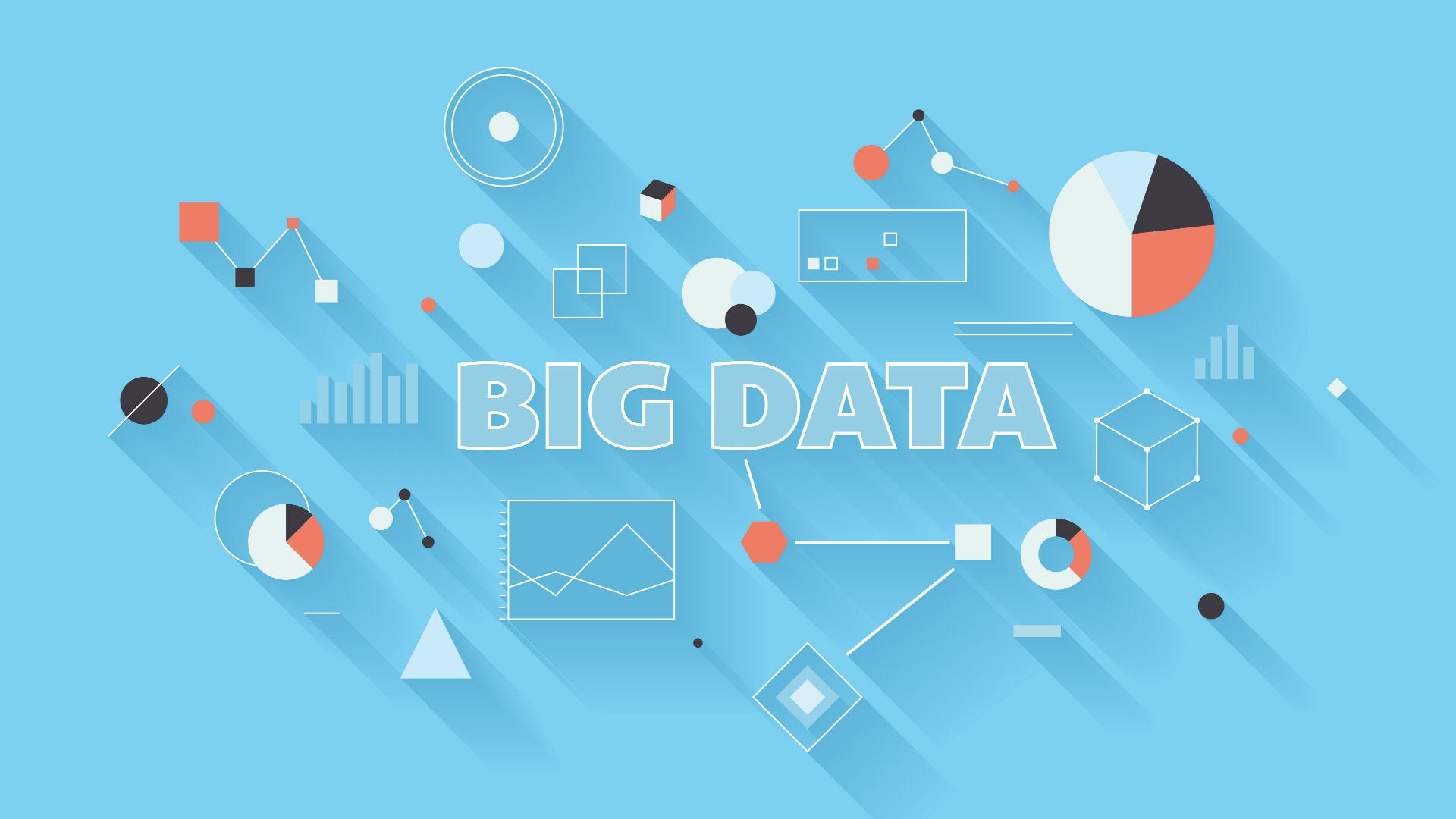
Big Data Analytics courses typically cover a range of topics designed to equip students with the skills needed to analyze large and complex datasets. Here are the key details you can expect from such courses:
Course Content:
-
Introduction to Big Data:
- Overview of Big Data concepts, characteristics, and challenges.
- Understanding the importance of Big Data in various industries.
-
Data Collection and Storage:
- Techniques and tools for collecting data from different sources (sensors, social media, IoT devices, etc.).
- Storage technologies such as Hadoop Distributed File System (HDFS), NoSQL databases (MongoDB, Cassandra), and cloud storage solutions.
-
Data Processing and Analysis:
- Techniques for processing large datasets (batch and real-time processing).
- Introduction to MapReduce and frameworks like Apache Spark for distributed computing.
- Data cleaning, transformation, and preparation for analysis.
-
Big Data Technologies:
- Overview and hands-on experience with Big Data platforms such as Hadoop ecosystem (Hadoop, Hive, Pig), Spark, and related tools (Kafka, HBase).
- Understanding the role of cloud platforms (AWS, Google Cloud Platform, Azure) in Big Data analytics.
-
Data Visualization:
- Tools and techniques for visualizing Big Data (Tableau, Power BI, D3.js).
- Principles of effective data visualization and storytelling with data.
-
Machine Learning and Predictive Analytics:
- Application of machine learning algorithms for Big Data analytics.
- Predictive modeling, clustering, classification, and regression techniques.
- Evaluation and validation of machine learning models.
-
Ethics and Privacy in Big Data:
- Ethical considerations related to data collection, usage, and privacy.
- Compliance with regulations (GDPR, CCPA) and ethical guidelines in Big Data analytics.
-
Case Studies and Projects:
- Real-world case studies and projects to apply learned concepts and tools.
- Hands-on experience with Big Data analytics tools and platforms.
Skills Developed:
- Data Handling: Ability to work with large datasets efficiently.
- Analytics and Insights: Extracting meaningful insights and trends from data.
- Programming: Proficiency in languages like Python, R, and SQL.
- Tools and Technologies: Familiarity with Big Data platforms (Hadoop, Spark) and related tools.
- Problem-Solving: Addressing complex analytical problems using Big Data techniques.
- Communication: Effectively presenting findings through data visualization and reports.
Target Audience:
- Professionals: Already in analytics, IT, or related fields seeking to specialize in Big Data.
- Graduates: Fresh graduates looking to enter the field of data analytics with a focus on Big Data.
- Managers: Decision-makers who need to understand how Big Data can impact their business strategies.
Duration and Format:
- Duration: Typically ranges from a few months (short courses) to 1-2 years (full-time master's programs).
- Format: Offered both online and offline (classroom-based), with some courses providing flexibility through part-time or evening classes.
Certification:
- Many courses offer certification upon completion, which can enhance career prospects and validate skills in Big Data analytics.
Institutions Offering Courses:
- Universities: Offer full-time master's programs or specialized courses in Big Data analytics.
- Online Platforms: Coursera, edX, Udacity, and others offer online courses and certifications.
- Corporate Training: Some companies provide in-house training or collaborations with educational institutions.
Overall, Big Data Analytics courses aim to equip students with the knowledge and skills necessary to harness the power of data for informed decision-making and strategic planning across various industries.
